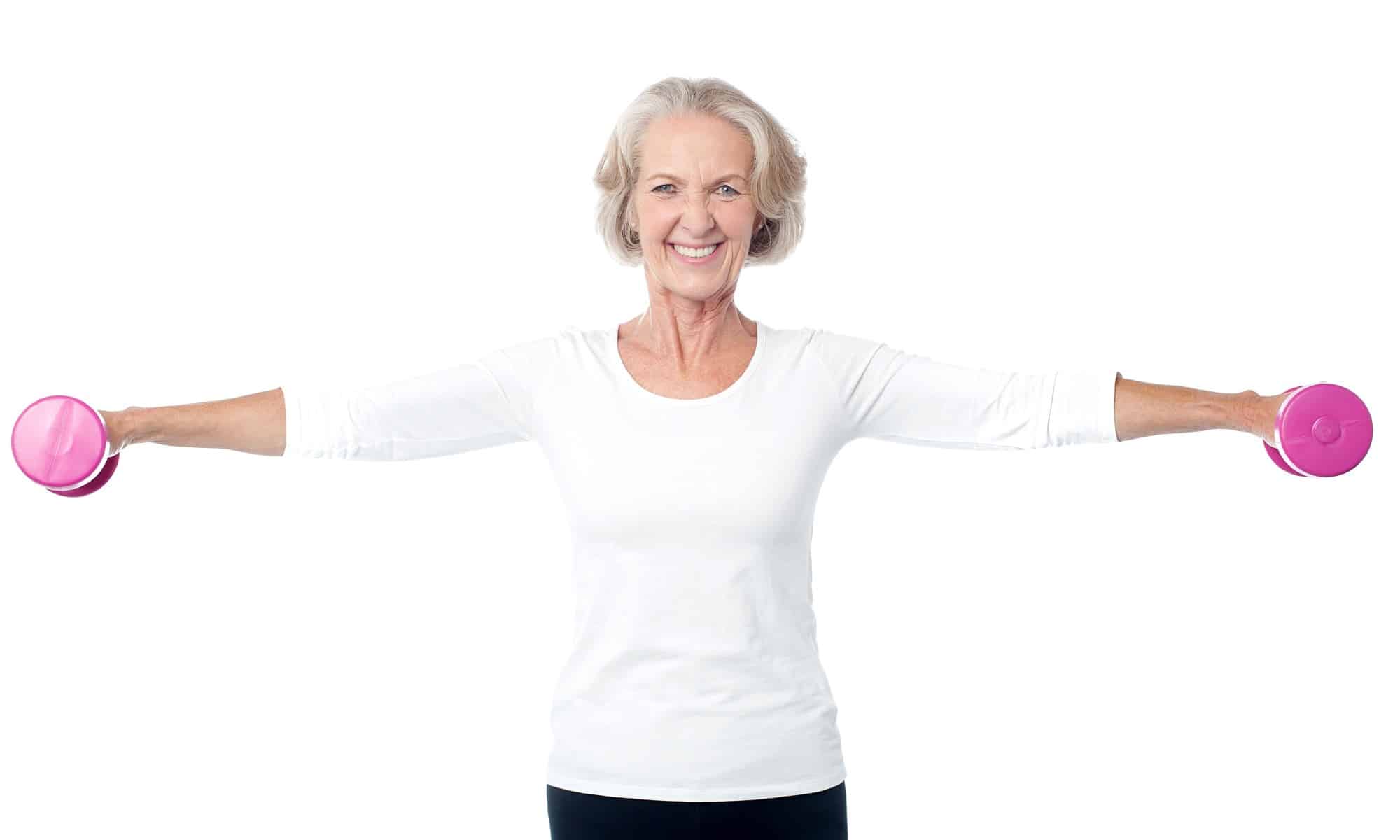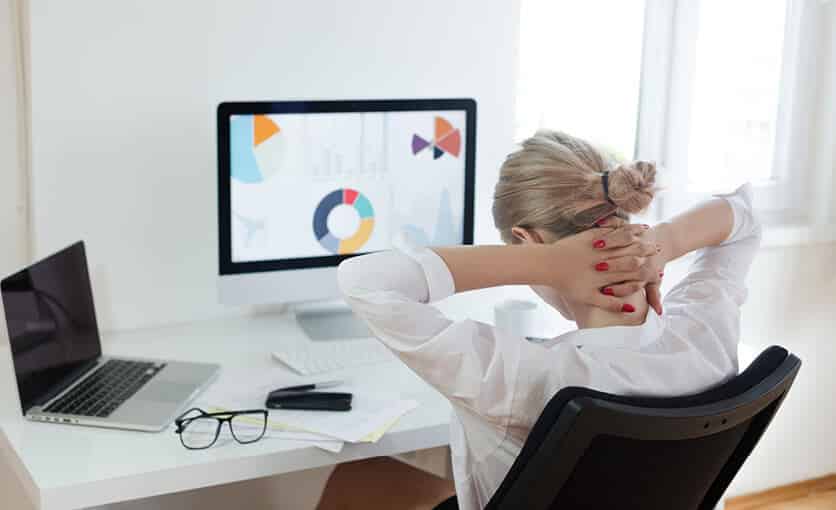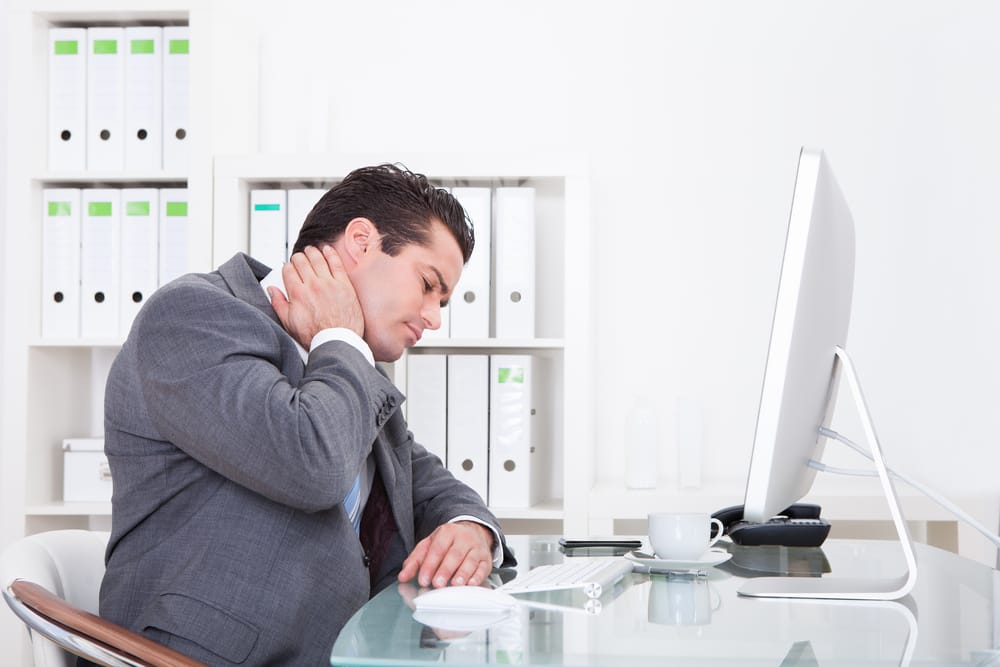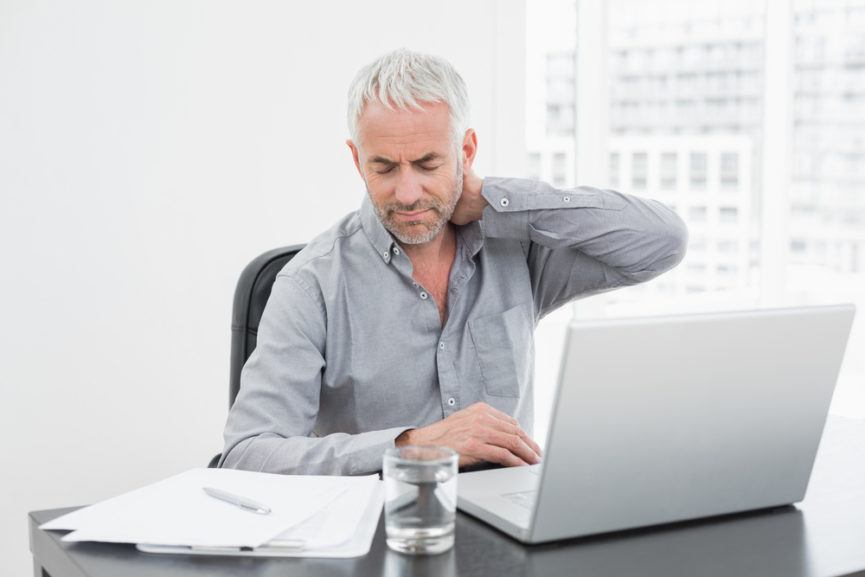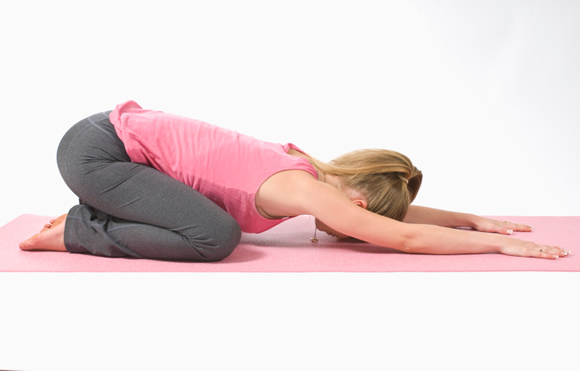7 Physio tips for maintaining health and wellbeing when returning to work
The festive season is over, and with the end of the holidays many Australians will be returning to sitting at a desk for extended periods of time, which research has shown to have a serious impact on well-being. The Australian Physiotherapy Association (APA) is urging employees and employers alike to ensure their health isn’t compromised in the post-Christmas return to the office.
There’s no doubt about it, coming back to the office from extended time off can be a struggle. Upon returning to work, it’s important – for both physical and mental wellbeing – not to revert to long, uninterrupted periods of sitting.
Besides potentially causing musculoskeletal problems such as neck, shoulder and lower back pain, sedentary behaviour has also been associated with an increased risk of developing Type 2 diabetes, heart disease, obesity and certain types of cancers.
Dave Hall, Chair of the APA Occupational Health group, says ‘Building movement into your working day can be a big step towards increased health and productivity’. Some of Dave’s tips for maintaining movement in the workplace include:
1. The simple act of just standing up every half hour and having a five second stretch can make an immense difference.
2. Take phone calls standing. Use phone calls as a trigger to stand & talk.
3. Drink plenty of water. Better hydration means more frequent need to go to the bathroom, as well as the need to fill up the water glass (i.e. plenty of short burst walking).
4. Build a coffee / tea break routine into your day, e.g. coffee 10am, tea at 3pm. The body likes routine and after a while you will crave these breaks, which means they in turn will become an integral part of your work day.
5. Walk over to talk to a colleague rather than sending an email.
6. Move the bin & printer away from your desk so you need to walk to them.
7. Walk to and from work or the train / bus stop, or park further away.
Physiotherapists are highly qualified in prescribing exercise programs for all sorts of scenarios, including injury prevention, chronic disease and pain management, as well as to aid general fitness and well-being. Call the Pain Slayers at Graceville Physio today to make an appointment.
Dave Hall, 2019, Australian Physiotherapy Association website
